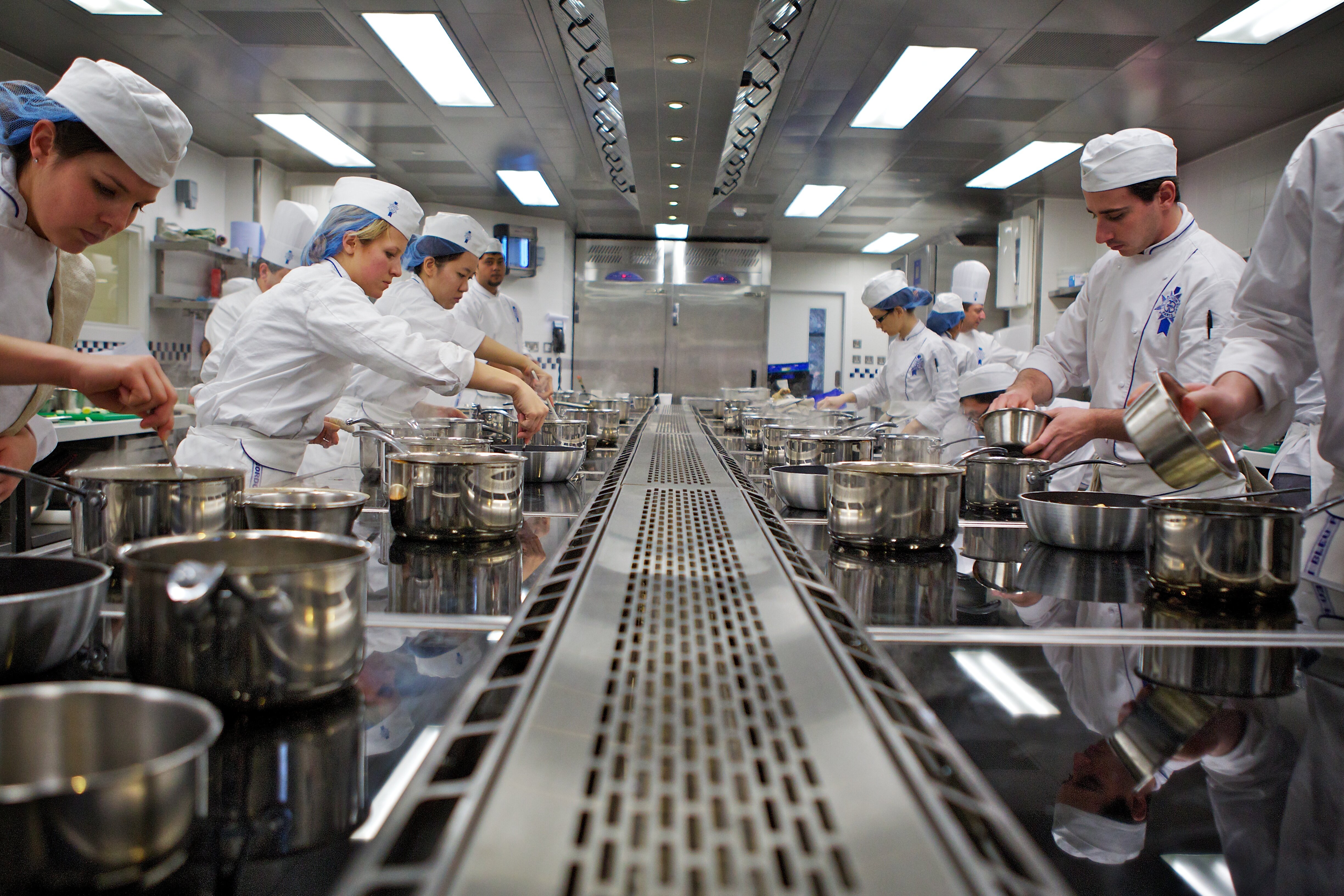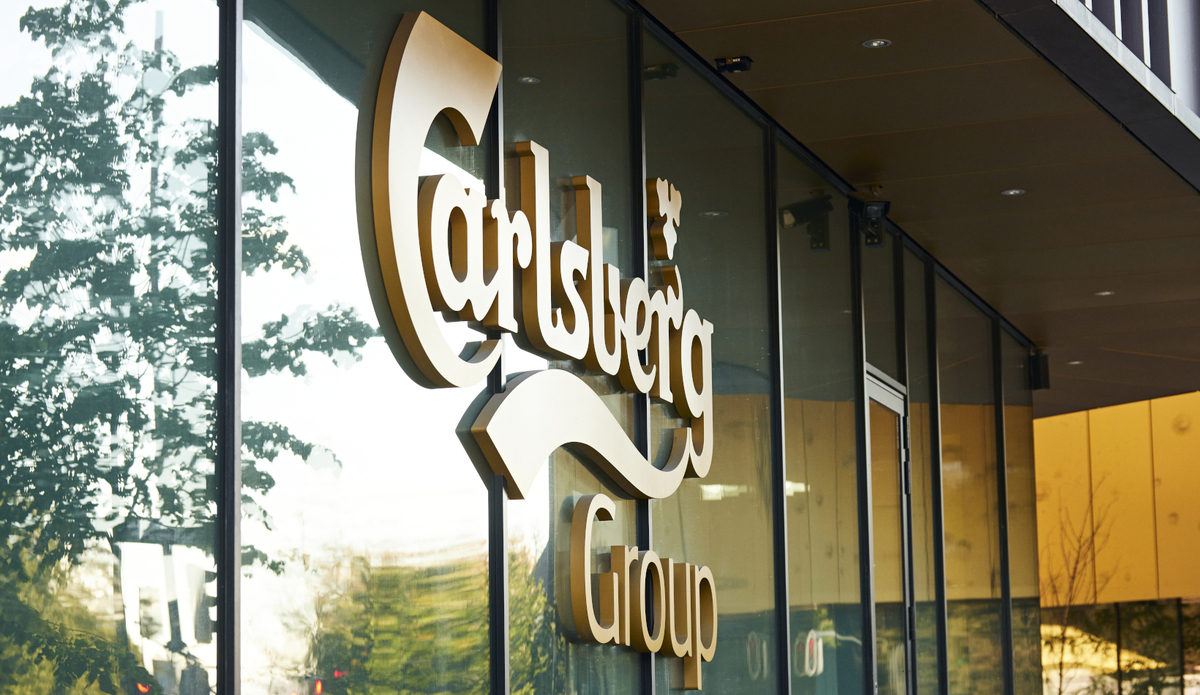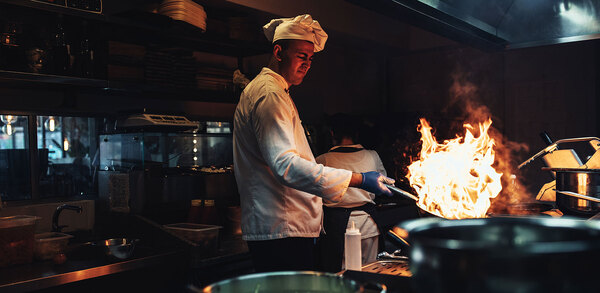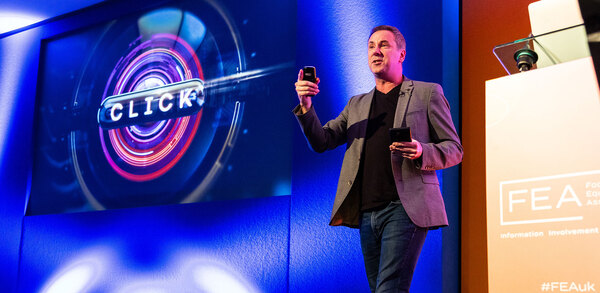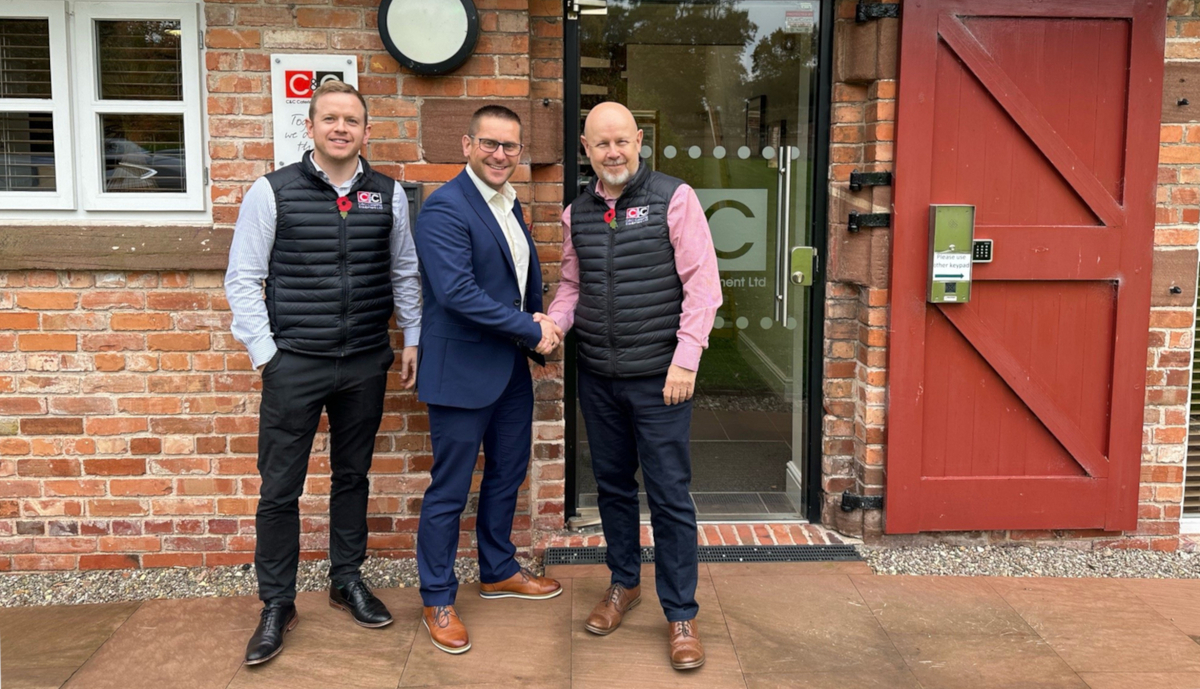Super deduction tax incentive: 130% tax credit for commercial kitchen appliances
The Foodservice Equipment Association (FEA) has made a further push today for operators to use the recently announced super deduction tax incentive, which fully supports the association’s Net Zero Carbon plans.
The issue of operators being encouraged to buy new equipment post-Covid was raised at the Specifi Virtual Next exhibition, and Keith Warren, chief executive of FEA, reminded delegates of the incentive.
Emma Brooks, chair of FEA Net Zero Carbon Forum, confirmed shortly after the March Budget announcement that it does apply to foodservice operators buying commercial catering equipment – so long as the appliance is new

Peter McAllister, managing director of Falcon Foodservice, who commented on the super deduction tax incentive at the Specifi exhibition, added: “This is an excellent opportunity for operators to access the latest energy-efficient equipment such as induction-based appliances. This will increase productivity while at the same time reducing energy costs, energy consumption and ultimately, their carbon footprint.
"The scheme is a win-win for all involved. Combine the latest equipment with an energy-monitoring platform, such as the Falcon Connected kitchen, and operators really can begin to make a positive impact on our industry’s shared goal to reduce carbon emissions.”
In addition, a 50% first-year capital allowance will be available for qualifying special-rate assets, giving a further incentive to buy new, more efficient equipment – and helping to meet the industry’s carbon reduction targets.
The chancellor also announced a consultation on R&D tax credits for manufacturers. FEA is hoping that this can also be used to back its Net Zero Carbon plan for the foodservice industry.
“One of our key points was to incentivise manufacturers to develop more energy-efficient appliances,” said Brooks. “We will be taking part in the consultation with a view to including energy efficiency as a key criterion in the R&D tax credit scheme.
“The super deduction incentive is great news for the Net Zero Carbon plan, because there is no incentive to choose second-hand when the buyer gets a 130% tax credit on new equipment,” explained Brooks.



